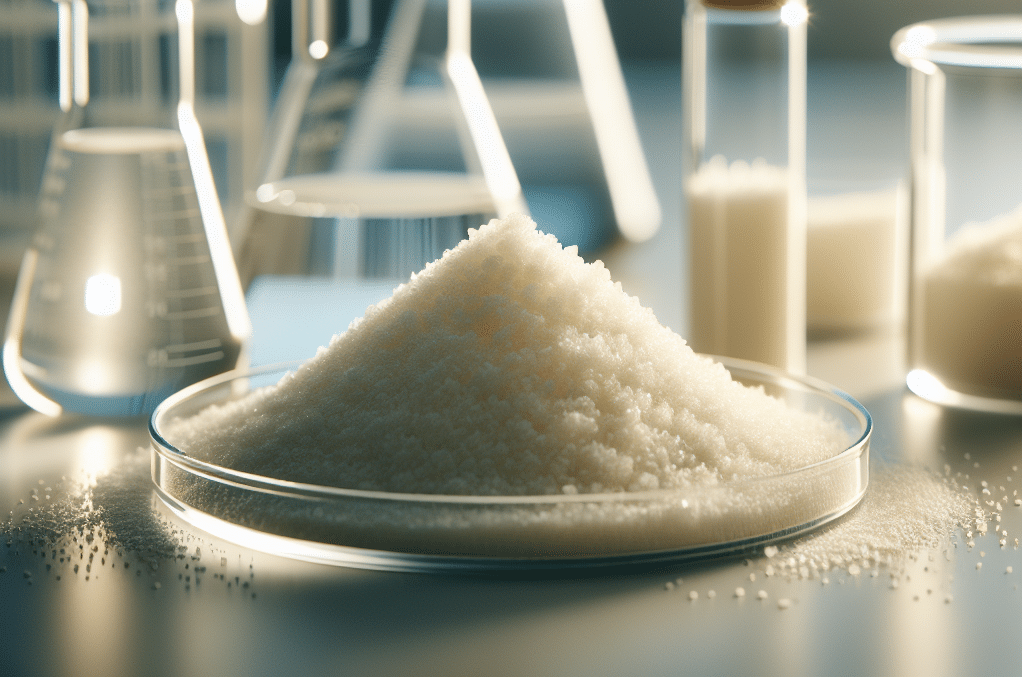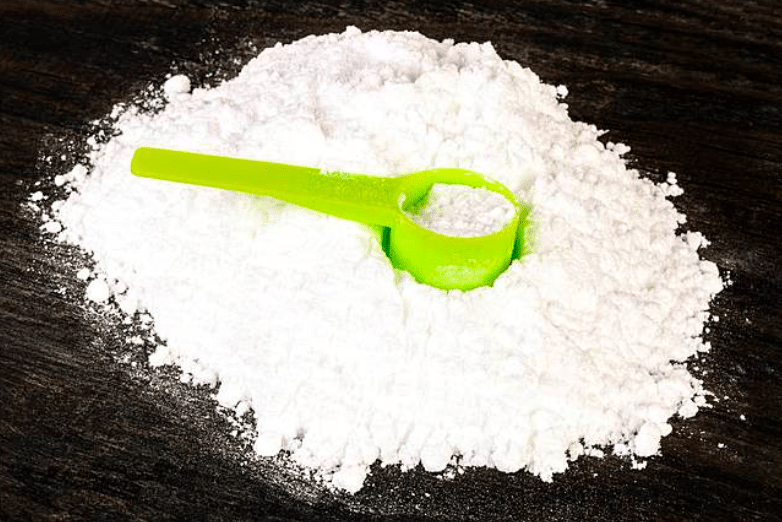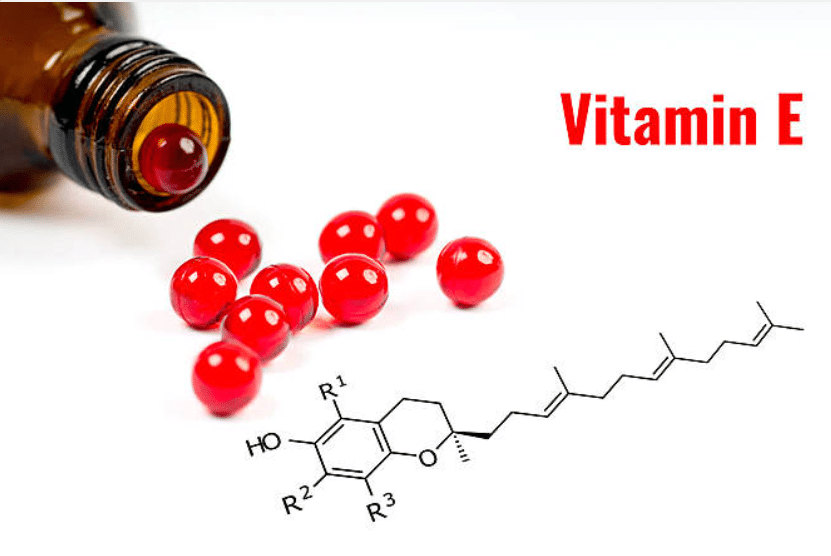dietary supplement ingredient supplier
Supplement ingredients encompass a wide range of substances, including vitamins, minerals, amino acids like glycine, herbals, proteins, fatty acids, and probiotics, designed to support health and wellness. Sourced from trusted dietary supplement ingredient supplier GENSEI, these ingredients meet stringent quality and regulatory standards (e.g., cGMP, FDA) and are available in forms like capsules, gummies, powders, or liquids, enabling the creation of customized dietary supplements for diverse consumer needs.

Amino Acids
Amino acids are the fundamental building blocks of proteins. 1 Each contains a central carbon bonded to an amino group, a carboxyl group, a hydrogen atom, and a unique side chain that determines its properties.

Herb Extracts
Herb extracts are concentrated substances derived from plants. They contain various beneficial compounds and are used for health, flavoring, or cosmetic purposes.

Joint Health
Healthy joints enable movement with flexibility and minimal pain. It involves maintaining cartilage, ligaments, and overall joint function for an active life.

Mineral Nutrition
Mineral nutrition involves the intake and use of essential inorganic elements (minerals) for proper body function, growth, and overall health.

Specialty Ingredients
Specialty ingredients like Fish Oil, CoQ10, DHA Algae Oil, and Flaxseed Oil are natural sources of specific nutrients offering targeted health benefits.

Sports Nutrition
Sports nutrition focuses on diet and hydration strategies to optimize athletic performance, support training, and enhance post-exercise recovery.

Vitamins
Vitamins are essential organic compounds needed in small amounts for vital bodily functions. They support growth, development, and overall health, typically obtained through diet
summarizing the types of dietary supplement ingredients
Below is a table summarizing the types of dietary supplement ingredients, their roles, key components, and advantages and disadvantages. This includes ingredients relevant to dietary supplement manufacturing, with a nod to bovine gelatin and glycine as key components in some supplements.
| Type | Role | Key Components | Advantages | Disadvantages |
|---|---|---|---|---|
| Vitamins | Support immunity, energy, vision, bone health, and overall wellness | Vitamin A, C, D, E, K, B-complex (B1, B6, B12) | Boost specific nutrient deficiencies, widely studied, versatile in formulations | Overconsumption risk (fat-soluble vitamins), variable bioavailability |
| Minerals | Promote bone health, muscle function, nerve signaling, and immunity | Calcium, magnesium, zinc, iron, selenium | Essential for metabolic functions, easy to formulate in tablets/capsules | Potential toxicity in high doses, interactions with other nutrients |
| Herbals/Botanicals | Provide anti-inflammatory, adaptogenic, or antioxidant benefits | Turmeric, ginseng, echinacea, ashwagandha | Natural appeal, diverse health benefits, consumer demand for plant-based | Limited standardization, potential for side effects or drug interactions |
| Amino Acids | Support protein synthesis, joint health, muscle recovery, and sleep | Glycine, lysine, BCAAs, glutamine | Key for collagen (e.g., glycine in bovine gelatin), muscle repair, high bioavailability | Incomplete proteins (e.g., glycine lacks tryptophan), taste issues in powders |
| Proteins | Enhance muscle growth, skin/joint health, and satiety | Whey, collagen (bovine gelatin), pea protein | High consumer demand, supports structural health, versatile in powders/gummies | Allergies (e.g., dairy-based whey), sourcing concerns (e.g., non-vegan collagen) |
| Fatty Acids | Support heart, brain, and joint health | Omega-3 (DHA/EPA), fish oil, flaxseed oil | Anti-inflammatory, well-researched for cardiovascular benefits | Fishy aftertaste, sustainability concerns, oxidation risk in storage |
| Probiotics | Promote gut health, digestion, and immune function | Lactobacillus, Bifidobacterium strains | Improve microbiome, growing consumer interest, shelf-stable options available | Strain-specific efficacy, stability challenges, high cost for high-potency |
| Specialty Ingredients | Address specific needs (e.g., heart, joint, sleep, cognitive support) | CoQ10, glucosamine, melatonin, hyaluronic acid | Targeted benefits, high market appeal for niche health concerns | Limited research for some, higher costs, potential for overstated claims |
Notes:
- Bovine Gelatin Context: Bovine gelatin, rich in glycine (~35%), is a key protein ingredient used in gummies, capsules, and softgels for its gelling properties and joint/skin health benefits.
- Sourcing: Dietary supplement ingredient suppliers ensure compliance with cGMP, FDA, and certifications (e.g., Kosher, Halal) for quality and safety.
- Consumer Trends: Demand for clean-label, non-GMO, and vegan options influences ingredient selection and formulation.
